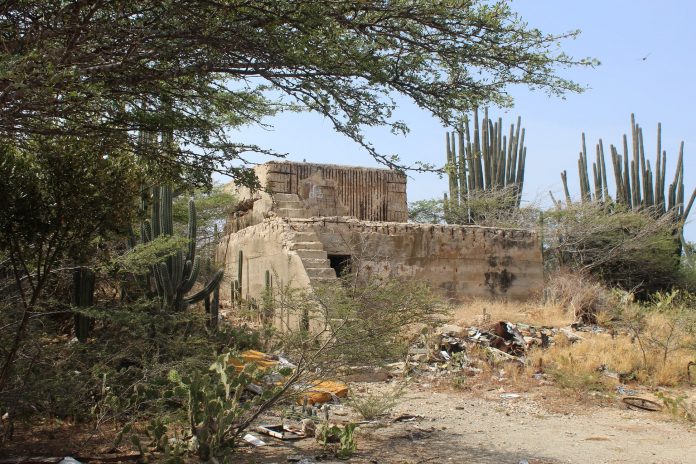When war broke out in Europe in September 1939, the Netherlands declared itself neutral and that applied to the entire Kingdom, including ‘the West’.
German merchant ships in the Caribbean, chased by English patrol ships, took refuge in the neutral waters of Curaçao and Aruba to avoid internment by the English. The local authorities, who were not waiting for these ships, sent them to ‘outer bays’ to anchor there and so four German ships were moored in Aruba for the Malmok roadstead. Three of them dared to leave again, but the captain of the ‘Antilla’ thought it wiser not to take the wide waters, with all the dangers that entailed. The story of the Antilla would be repeated in the events of May 10, 1940, the day of the German invasion of the Netherlands.
As tensions in Europe escalated in April 1940 with the German invasion of Denmark and Norway and troops concentrated on the borders of the Netherlands and Belgium, the Allies, England and France, became increasingly concerned about securing the refineries on the Dutch coast. Netherlands – Antillean islands with their oil products were of vital importance to them.
Commanders-in-chief of both countries met in Jamaica a week before the invasion of the Netherlands to secretly agree on the possible ‘occupation’ of the refineries. The defense of Curaçao would be reinforced by British troops, and Aruba by French troops. It was feared that sabotage would put the refineries out of action. The Dutch government was not informed of the Allied plans, nor was the American government. The United States was also neutral in the developing world conflict for the time being. In the days before May 10, French ships appeared near Aruba, British ships around Curaçao.




















